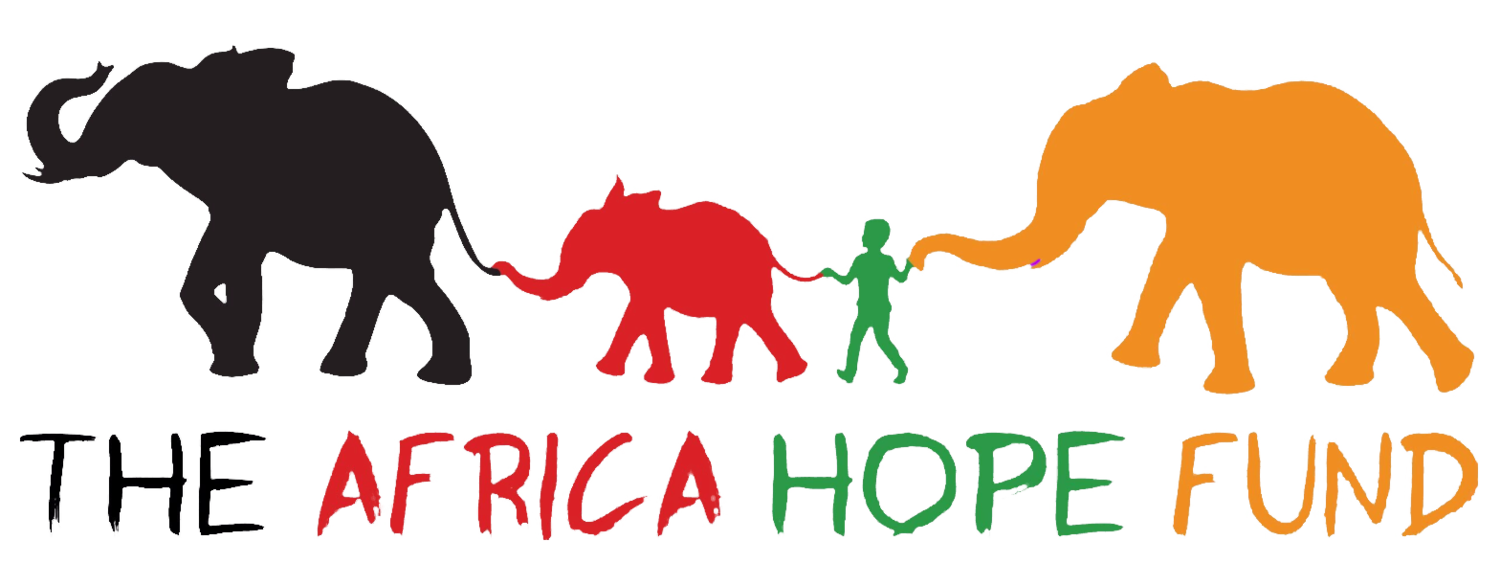The South Luangwa National Park
The South Luangwa National Park is nearly two and a half million acres of grasslands, riverine and riparian woodlands, rivers, lagoons, and semi-aquatic grasslands surrounded by bush in a country of one hundred and forty-eight million acres with mopane, mahogany, leadwood, winterthorn, sausage trees, vegetable ivory palms, marula, tamarind trees, and more.
There are some magnificent baobab specimens and a few large ebony forests to admire. While much of the wildlife is threatened by poaching, encroachment, and deforestation, the park is home to an amazing variety of wildlife. Here is a general list:
Bush babies, vervet monkeys, and baboons, lions, leopards, spotted hyenas, South African cheetahs (in northern Kafue at the bottom of the valley) wild dogs, caracals, jackals, genets, wildcats, civets, mongooses, otters, weasels, and honey badgers, zebras, wildebeests, African buffalo, bush pigs, giraffes, hippopotamus, warthogs, bushbucks, duikers, elands, kudu, impala, klipspringers, oribi, puku, antelope, waterbuck, aardvarks, hyrax, elephants, pangolins, monitor lizards, Nile crocodiles, chameleons, pythons, black mambas, black-necked spitting cobras, boom slangs,puff adders, and vipers.
One park boundary is the South Luangwa River. There are only a few lodges allowed in the national park. Mfuwe is the “grandfather” of the park lodges.
The rest of the lodges, including many lodges for backpackers and families are along the river directly across from the park.
Now you know a little bit about Mfuwe, the South Luangwa Valley, and our partnership with Uyoba School, Chipembele Wildlife Education Trust (http://www.chipembele.org/do/),Conservation South Luangwa (http://www.slcszambia.org/) and the Zambian Carnivore Programme (http://www.zambiacarnivores.org/) and others.
Written by Patricia Cole
An Africa Hope Fund board member for 7 years, Pat is a writer and a conservation activist. After traveling to Zambia, she became dedicated to helping Africa Hope Fund provide education to the next generation of Africans and ensure their future by protecting wildlife. Find Patricia on Facebook and Twitter, or on her websites www.writepatwrite.com and www.patmcole.com.
Enjoy reading this Elephant Blog post? Help support our future posts by becoming a Patreon supporter!

